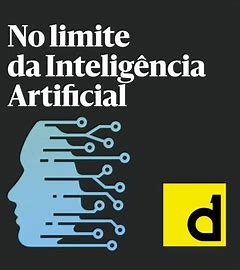Catia Pesquita, LASIGE integrated member, was a guest on the podcast ‘No limite da Inteligência Artificial’ (On the edge of Artificial Intelligence), from the “dinheiro vivo” newspaper, on 22 November 2024, where she spoke about how AI is accelerating scientific research, especially in the areas of health and natural sciences.
Paulo Dimas, Vice President of Product Innovation at Unbabel and CEO of the centre for responsible AI in Portugal, was the other guest and the conversation was moderated by the journalist Bruno Contreiras Mateus.
They begun talking about the evolution of AI from rudimentary systems in the 1960s and 70s, such as Dendral and Mycin, to modern algorithms that analyse large volumes of data to detect complex patterns, confirming that today, AI allows the accumulated knowledge of many scientists to be combined, facilitating discoveries that would otherwise be impossible or take centuries.
It was also time to exemplify with some applications as Unbabel’s HALO project, which transforms bioelectric signals from patients with neurodegenerative diseases into language, allowing them to communicate with their families again, or the new smart glasses from Ray-Ban and Meta (the owner of Facebook, Instagram and WhatsApp), and the challenges that these accessories bring, namely, to teaching.
They advocated a responsible approach to the development of AI, emphazising ethics, privacy and inclusion, as well as the importance of avoiding bias in the data used to train algorithms. The guests also discussed the need to ensure that the data adequately represents the diversity of the population, so that the results of AI are fair and effective.
In overall, Catia and Paulo, are optimistic in highlighting the potential of AI to transform health and science, and recognize, on the other hand, the ethical and social challenges that must be addressed.
You can ear (in Portuguese) the podcast here.

